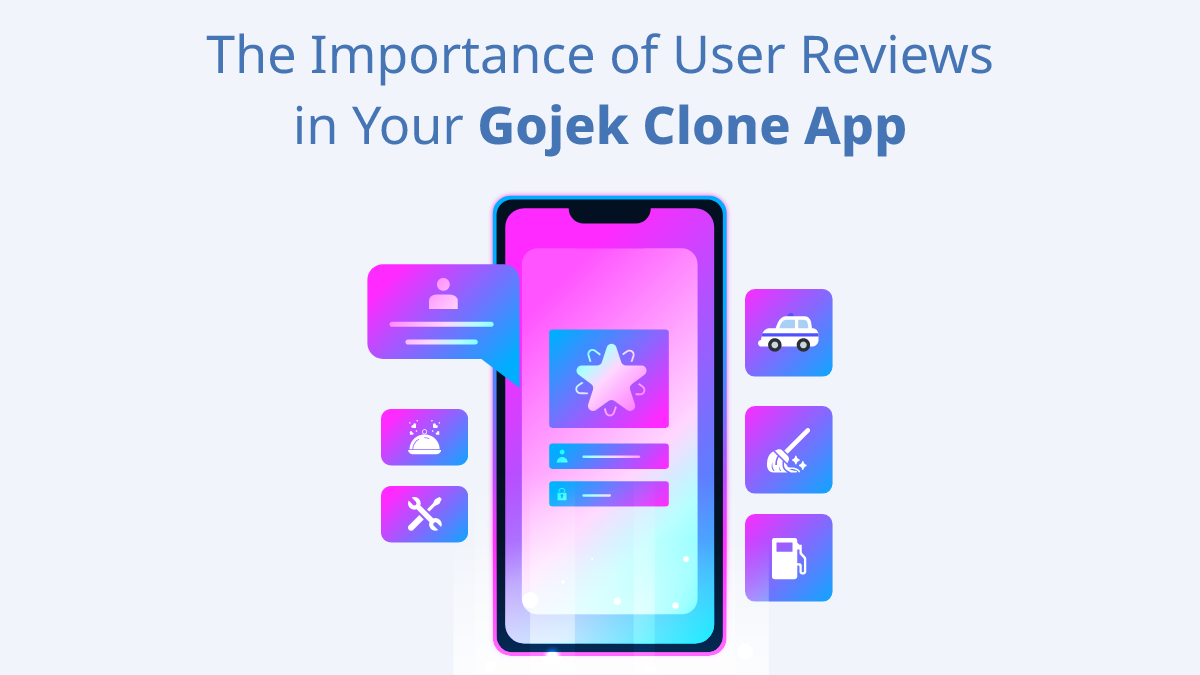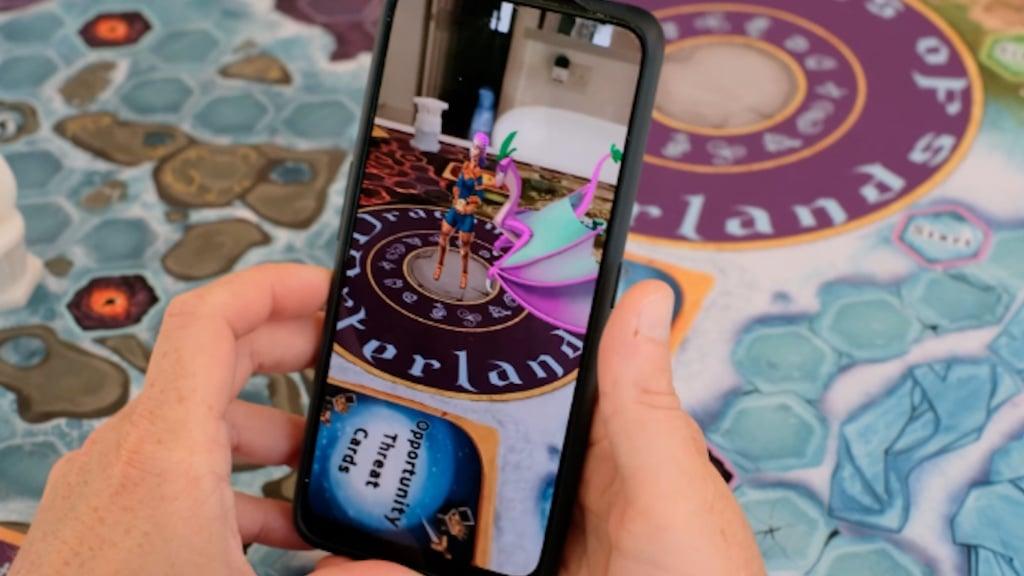In the age of social media, many of us have already learned to self-moderate our online communications, remaining cautious of what we say, share, and do online.
Our comments, tweets, and posts have far-reaching consequences, spanning geographic borders and transcending language barriers; and sometimes, clashing with other cultures.
Social media mishaps now frequently make headlines, especially for those in the public eye, and have prompted many to ask who—if anyone—has the ultimate authority to decide what is appropriate for us to share online?
As a result, censorship throughout online communities has become a hot topic, fiercely debated on both sides by pro-censorship advocates and defendants of free speech and net neutrality alike.
As proponents of decentralized technology, the worldwide blockchain community has a unique opportunity to help steer this narrative. Here, we explore whether blockchain really holds the potential to transform online communications, and we discover some of the deeper implications of total freedom of speech via decentralized platforms.
Big tech on censorship
Major social media sites have traditionally been quick to moderate and remove comments which breach their terms of service. Naturally, this is somewhat necessary to promote an inclusive online community, and comments which directly inflict or intend harm to other members of a platform’s community are removed.
But what happens when a social media site removes content because it conflicts with their business interests, or to serve an altogether different agenda?
This year, there have been numerous cases of social media platforms wielding their censorship powers to weigh in on political debates, or mute subjects that would normally be protected under freedom of speech laws. While the team members and owners of the platforms themselves are of course entitled to their opinion on these matters, should censorship be practiced on public social media platforms, especially when these online communities have so much power and influence worldwide?
In the U.S. an Executive Order from the Whitehouse 1 in May 2020 claimed that “Twitter, Facebook, Instagram, and YouTube wield immense, if not unprecedented, power to shape the interpretation of public events; to censor, delete, or disappear information; and to control what people see or do not see.”
While this debate is amplified and at the forefront of politics in the U.S. owing to the high adoption of social media across the country, it is an issue that extends worldwide.
As a result, critics often decry traditional social media platforms for numerous alleged abuses that border both the censorship and anti-trust debates—such as spying on users, data mining, and avoiding revenue sharing with their core participants.
Many now see the problem as a result of the innate biases which accompany centralization, which implies that regardless of the core principles of a centralized social media platform, they can only be as unbiased as the company who owns them. So, could blockchain transform online communications and social media communities?
Can blockchain protect freedom of speech?
Blockchain technology, by virtue of its decentralized nature, is not necessarily subject to the same centralized control as existing social media platforms. Instead, decentralized social media and content platforms focus on placing power back into the hands of users through a number of initiatives.
For example, blockchain-based platform Mastodon allows users to host a personal server on top of the blockchain using their own infrastructure and domain name. These servers are entirely under the control of the user, who may set rules and establish a direction for discussion.
While Mastodon operates a free API ecosystem, whereby reader apps are created and maintained by independent developers, Mastodon does claim to only list communities that are committed to active moderation. However, moderation preferences are set by the community creators themselves, not the Mastodon platform.
Some decentralized platforms also add a reward element through the use of blockchain-based tokens. For example, Steemit 9 users can be awarded STEEM tokens by other users for producing popular content or leaving thoughtful comments, which have a secondary-market value.
This is in itself a simple and distributed form of community-led moderation, as users can incentivize content creators to publish articles which serve the interests of the wider community—much in the way ‘likes’ do on other platforms but with an extra and arguably more powerful financial element, and without a centralized authority.
Other solutions, such as the Ethereum-based Minds platform, is an open-source social media site that rewards users with tokens according to their engagement and time spent on the platform, rewarding the most active users.
Minds has also indicated that they are exploring a voting-based system where users can vote to remove content, with no central and direct moderation from the Minds team, which would make it one of the first truly decentralized social media platforms.
Serious considerations of completely decentralized communications
Libertarianism, a widely held philosophy among many early proponents of blockchain technology, frequently argues that for a truly equitable society where personal liberties are upheld, we must take the good with the bad.
Some supporters of total freedom of speech online extend this to our communications and online presence, and many net neutrality supporters argue that undesirable online content is an unfortunate consequence of protecting our rights to freedom of speech, even if some individuals choose to abuse it.
Despite this, social media sites need to be inclusive to flourish, and decentralized communities are no exception. Online communities that are totally unmoderated can often turn into places that the majority of web users will not want to visit, and it is not always possible to have a totally free online platform without some users feeling marginalized or targeted.
This prompts some incredibly difficult ethical questions. Some could argue that should content on a particular social media site become offensive or derogatory to an individual or group of people, they of course have the option not to participate or create their own inclusive online community.
Others would lobby for the removal of more problematic online communities and censorship of controversial individuals completely, arguing that they pose a risk of causing harm, and looking to platform owners to remove associated accounts and content on users’ behalf—in other words, to engage in active censorship. This can in turn lead to over-zealous moderation within online communities.
Through blockchain, there could be a better solution—a distributed and community-led moderation process which relies not on censorship from a centralized custodian wielding absolute power, but careful moderation via a democratic process empowered by each and every user through decentralized technology. In this way, the entire social media ecosystem could decide the direction of their community and empower good actors to participate.
In theory, such decentralized social media platforms could place power back into the hands of the users, by allowing them to set the direction and rules of their own online communities, and decide what kind of content they publish and read according to community-chosen preferences, rather than that approved by centralized authorities.
What are your thoughts on social media, the blockchain and censorship? Does a decentralized system make for a better outlet? What about the risks of spreading fake news, extreme views and misinformation? Inversely, a decentralized platform can allow for more voices to be heard, so that the powerful media channels are not always the ones in control of the narrative. Tell us what you think - where do you see the future of social media and how can we address current challenges?





